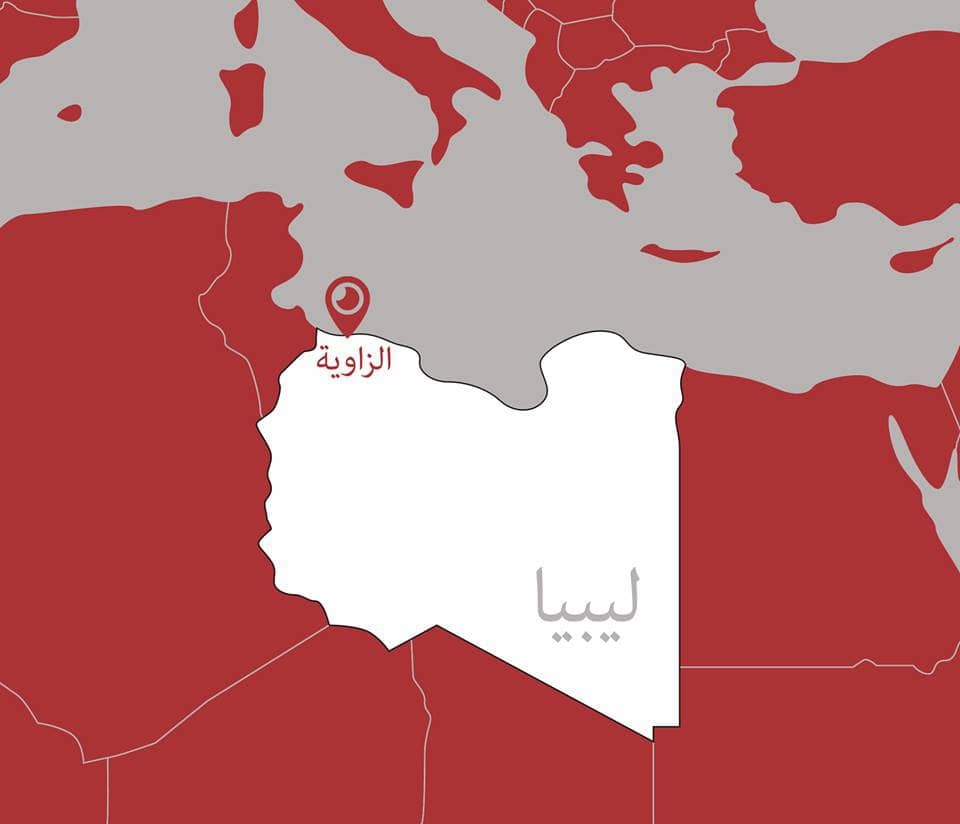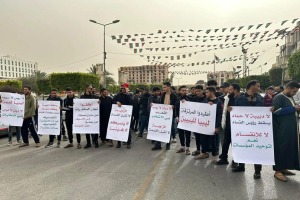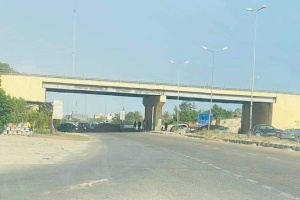Local sources from Al-Zawiya said the Chief of General Staff Mohammed al-Haddad held a meeting with a number of protests' leaders and city elders after the unrest that had swept through the city over the last few days.
The sources said that the meeting saw an agreement to form a committee of 15 members, including five from the protesting party, three elders, and seven army commanders, to discuss the demands of the people of Al-Zawiya.
No official statement was issued by the General Staff regarding this meeting, which was held at the Libyan Center for Medical Research in Al-Zawiya.
Al-Haddad visited Al-Zawiya hours after the West Coast Military Region announced the withdrawal of the 52nd Infantry Brigade from the city, knowing that they were deployed following protests that began on Wednesday evening.
Footage circulating on social media showed Al-Haddad speaking in a gathering of people in Al-Zawiya, saying: "The Chief of Staff does not evade responsibility," indicating that the army personnel are capable of protecting and defending citizens, and: "We will sit down with the youth and propose satisfactory solutions."
Al-Zawiya saw protests on Thursday by civilians following the circulation of video clips that activists said were of "young men being tortured by African mercenaries inside the headquarters of a militia in the city."
A number of young people blocked the coastal road at a traffic point in Al-Zawiya, and a number of angry protesters closed the valves of the pipelines of Al- Zawiya refinery. They also gathered in front of the Security Directorate, demanding the dismissal of the security director, expelling armed vehicles from the place, and closed the municipal council as well as the court in the city.
Several people in Al-Zawiya youth declared "civil disobedience", and called for "holding accountable the municipal council and its members, holding new municipal elections, dismissing the security director of Al-Zawiya and bringing him to justice, ending the phenomenon of armed and armored vehicles, and moving military headquarters outside the city."








